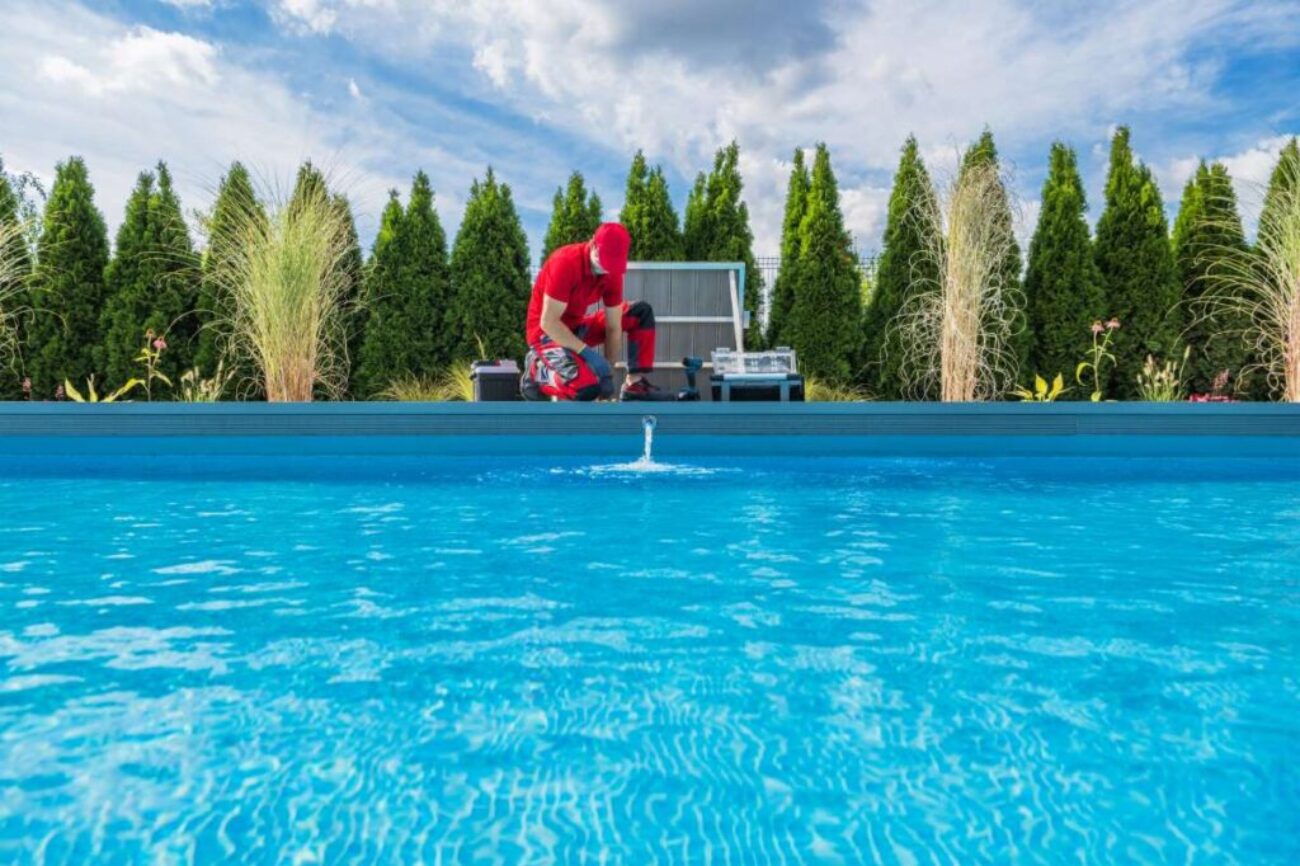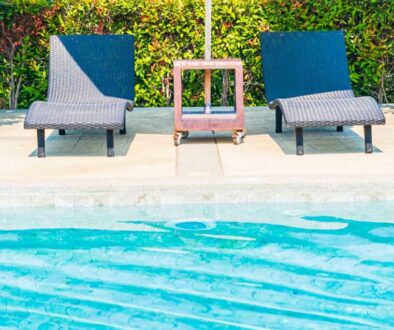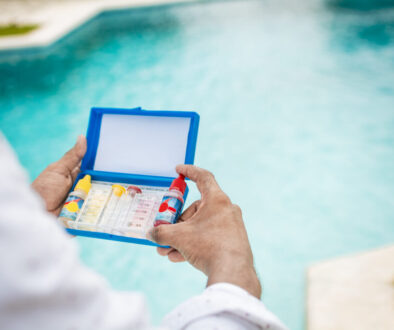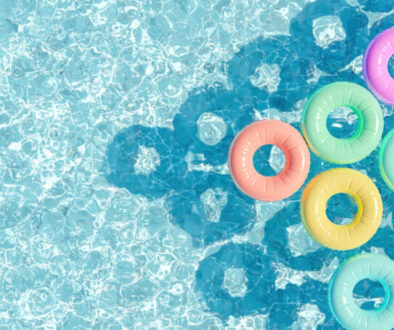Save Money & The Planet: Energy-Smart Pool Gear Guides
Discover essential guides on energy-efficient pool equipment that can save you money and reduce your environmental impact while enjoying a beautiful pool.
This comprehensive guide will explore the importance of energy-efficient pool equipment, including its benefits, types of equipment available, and practical tips for pool owners. With rising energy costs and increased awareness of environmental sustainability, investing in energy-efficient equipment has never been more crucial. We will delve into various options, including energy-efficient pumps, heaters, and cleaning systems, while providing insights into how these choices can lead to long-term savings and a cleaner environment. By the end of this article, you will have a thorough understanding of the value of energy-efficient pool equipment and be empowered to make informed decisions for your pool.
IntroductionOwning a pool is a dream for many, offering relaxation and recreation. However, maintaining a pool can lead to high energy costs and environmental concerns. This is where energy-efficient pool equipment comes into play. The relevance of energy-efficient solutions goes beyond just cost savings; it also contributes to a sustainable future by reducing energy consumption and carbon footprints. In this blog post, we will discuss the different types of energy-efficient pool equipment, the benefits they offer, and how to choose the right options for your needs.Understanding Energy-Efficient Pool Pumps
– One of the most significant contributors to energy consumption in pool maintenance is the pool pump. Traditional pumps can consume a lot of electricity while running at a single, often excessive, speed. In contrast, energy-efficient variable-speed pumps allow you to adjust the flow rate according to your needs, significantly reducing energy consumption. These pumps can save pool owners up to 80% on energy costs compared to traditional models.- For instance, if you currently own a traditional pump running at 3,000 RPM, switching to a variable-speed pump can mean that you only run it at higher speeds when necessary, such as during heavy cleaning. During regular filtration, you can run it at a much lower speed, saving both energy and money. A report from the U.S. Department of Energy highlights that variable-speed pumps also have a longer lifespan, making them a worthwhile investment for any pool owner.
Energy-Efficient Pool Heaters: A Smart Choice
– Heating a pool can be another significant expense, especially during colder months. Traditional gas heaters can quickly drain your wallet and have a considerable environmental impact. Energy-efficient pool heaters, such as heat pumps or solar heaters, offer a more sustainable solution.- Heat pumps work by extracting heat from the air or ground and transferring it to the pool water, which can be remarkably efficient even in cooler temperatures. According to the U.S. Department of Energy, heat pumps can be two to three times more efficient than gas heaters. On the other hand, solar heaters harness the sun’s energy, making them an eco-friendly choice with minimal operating costs once installed.- For example, a well-designed solar heating system can extend your swimming season by several months and reduce your reliance on fossil fuels, leading to both financial and environmental benefits.
Efficient Pool Cleaners: Keeping Your Pool Sparkling
– Maintaining a clean pool is vital for both aesthetics and safety. Traditional suction cleaners can be energy hogs, requiring the pool pump to run continuously to operate properly. In contrast, robotic pool cleaners operate independently and are often more efficient.- Robotic cleaners require less time to clean the pool and can operate at lower speeds, reducing the overall energy consumption. Many models are designed to navigate your pool effectively, cleaning at a fraction of the cost compared to traditional methods.- A case study from a local pool service in Florida showed that customers who switched to robotic cleaners reported a 50% reduction in their energy bills related to cleaning and maintenance. This not only helps save money but also promotes a more environmentally friendly lifestyle.
Lighting Solutions: LED vs. Traditional Pool Lights
– Pool lighting is another aspect where energy efficiency can be improved substantially. Traditional incandescent lights consume a considerable amount of energy and have shorter lifespans compared to modern LED lighting options.- LEDs can last up to 25 times longer than traditional bulbs and consume up to 80% less energy. This means that not only will you save on electricity bills, but you’ll also cut down on the frequency of replacing bulbs, leading to less waste.- When planning your pool lighting, consider investing in smart lighting controls that allow you to control your lights remotely. This way, you can ensure that you’re not wasting energy when it’s not needed.
Pool Covers and Their Benefits
– While not equipment in the traditional sense, pool covers play a crucial role in energy efficiency. They help maintain water temperature, reducing the need for heating, and can prevent debris from entering the pool, minimizing cleaning time.- Solar pool covers, in particular, can significantly raise water temperature using solar energy, leading to decreased heating costs. According to studies, using a pool cover can save around 50-70% on heating costs, making it a valuable addition to any pool owner’s toolkit.- Moreover, covering your pool when not in use helps reduce evaporation, which conserves water and reduces the need for chemical treatments. This not only saves money but also contributes to environmental sustainability.
Choosing the Right Equipment for Your Needs
– Now that we have explored various types of energy-efficient pool equipment, it’s essential to consider how to choose the right options for your specific situation. Factors to consider include the size of your pool, your local climate, and your budget. – For instance, if you live in a warmer climate, investing in a solar heater may yield significant savings. In contrast, those in cooler regions might benefit more from a high-efficiency heat pump. – Additionally, consulting with a pool business broker can provide valuable insights into available options that suit your needs. Companies like Tower Business Brokers can connect you with experts who can guide you through choosing the best equipment.
Maximizing Efficiency Through Regular Maintenance
– Even the most energy-efficient equipment requires regular maintenance to perform optimally. Ensure that your pool pump is clean and free of debris, check filters regularly, and service your heating system.- Establish a routine for checking and maintaining all equipment to prevent energy waste. This includes monitoring the effectiveness of your pool cover and ensuring your lighting systems are functioning correctly.- By staying proactive with maintenance, you can ensure that your energy-efficient equipment operates at its highest capacity, maximizing savings and minimizing environmental impact.
The Financial and Environmental Impact of Energy-Efficient Equipment
– The financial benefits of investing in energy-efficient pool equipment are substantial. The initial investment may be higher than traditional options, but the long-term savings on energy costs and maintenance can make it worthwhile.- Additionally, reducing your pool’s energy consumption contributes to lower greenhouse gas emissions. By opting for energy-efficient solutions, you play a part in promoting a healthier planet.- A report by the Environmental Protection Agency indicates that widespread adoption of energy-efficient equipment across the United States could significantly decrease the demand for fossil fuels and help combat climate change.
Emerging Technologies in Pool Equipment
– As technology continues to evolve, so does the pool industry. Innovations such as smart pool technology allow homeowners to monitor and control their pool systems remotely, optimizing energy efficiency.- These systems can adjust equipment settings based on real-time data, ensuring that your pool is not only energy-efficient but also user-friendly. For example, smart pumps can adjust their operation based on peak energy rates, saving you even more money.- The future of energy-efficient pool equipment looks promising, with advancements continually improving efficiency and usability. By staying informed and adapting to new technologies, pool owners can make the most of their investments.ConclusionIn conclusion, investing in energy-efficient pool equipment is a smart move for any pool owner looking to save money and reduce their environmental impact. From variable-speed pumps to solar heaters and LED lighting, the options available today can provide significant long-term benefits. Regular maintenance, informed decision-making, and an understanding of emerging technologies will help you maximize the efficiency of your pool equipment. If you’re considering upgrading your pool equipment or exploring options for energy efficiency, contact Tower Business Brokers today to discover the best solutions tailored for your needs. Embrace the future of pool ownership with energy-efficient choices that benefit both your wallet and the planet.



